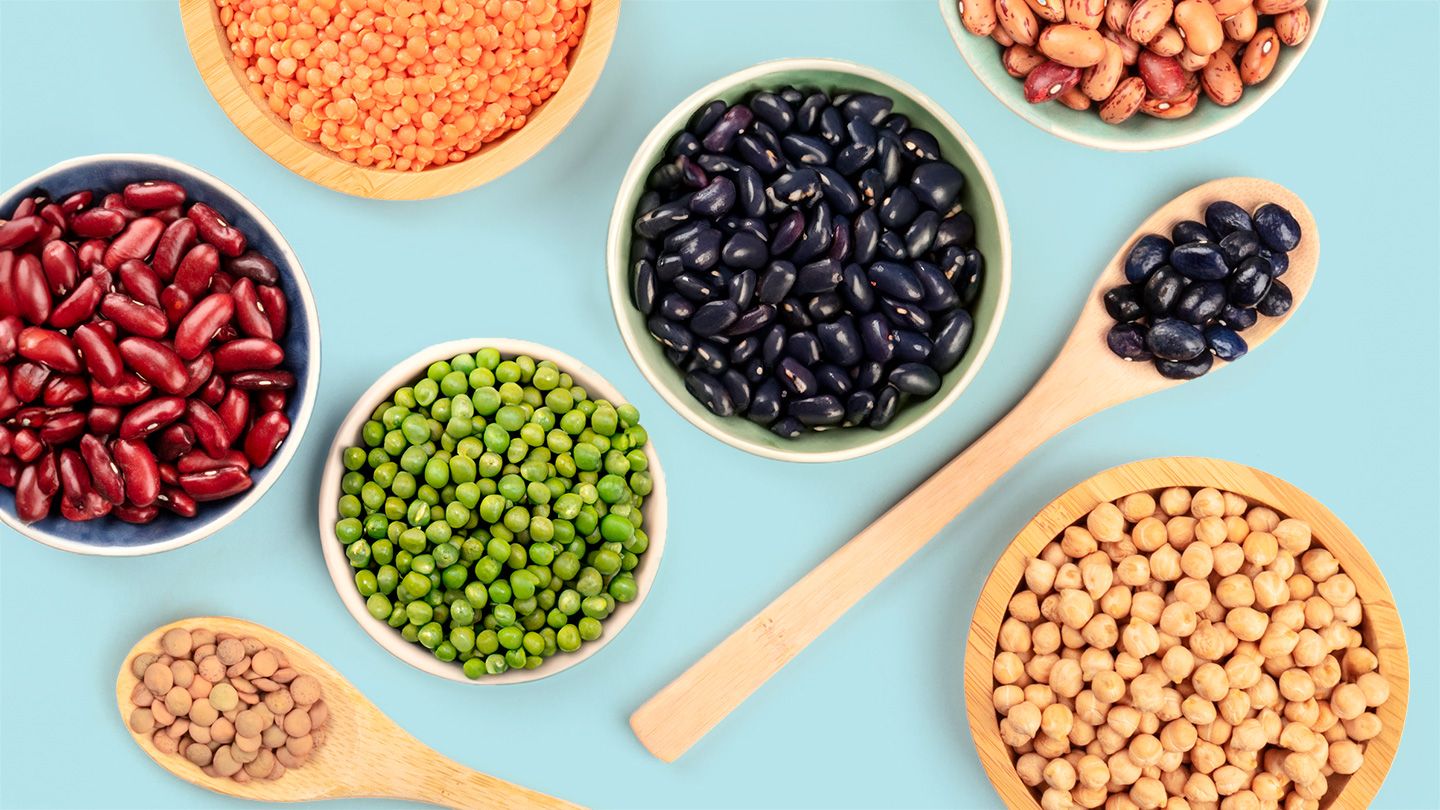Including beans, chickpeas, and lentils as a part of your everyday meal plan could lead to significant health benefits, according to a study presented at a recent major healthcare conference. This is due to the big boost of vital nutrients these legumes provide, which are typically lacking in the majority of American diets.
The meticulous research underpinning these findings utilized data from 2001 to 2018 collected through the National Health and Nutrition Examination Survey. This extensive pool of data was used to create models of what the average American diet would look like with the introduction of one to two servings of beans for adults.
The transformative effects of these small additions were primarily observed in the noticeable uptick in consumption of essential nutrients including dietary fiber, magnesium, potassium and iron. Additionally, the researchers noted that the overall diet quality improves significantly when beans, chickpeas, and lentils are incorporated, as per the U.S. Department of Agriculture’s Health Eating Index.
This study was primarily funded by the Coalition for the Advancement of Pulses and the manufacturers of Bush’s Best products. The researchers’ results added further credibility to the vast body of evidence that consumption of legumes, such as beans, peas, lentils, soybeans, chickpeas, and pulses, not only improves heart health but also aids in weight management and reduces the risk of chronic diseases including diabetes type 2 and certain types of cancer.
Unfortunately, despite being aware of the health benefits, many are not consuming enough of these nutrient-rich foods. As an example, the study found that two servings of beans equate to about a cup, which is significantly larger than the average amount consumed by Americans, estimated at 0.1 cups per day.
Additionally, research has found that fewer than one in 10 U.S. adults are meeting the recommended daily fiber intake, which is known to keep a person feeling full and satisfied for longer periods, thus contributing to effective weight management.
The health benefits of consuming fiber and protein-rich foods extend outside of weight management, too. For instance, the soluble fiber found in beans is known to improve cholesterol levels, stabilize blood sugar levels, and promote gut health. This is because the fermentation of dietary fiber in these foods supports a healthy gut microbiota and enhances diversity, further promoting digestive health by helping to prevent conditions such as constipation.
Eating more beans and legumes can also work to push out less healthy foods in a daily diet. For example, substituting foods like white bread, additional sugars or red meat with beans leads to a clearer benefit in terms of nutrients.
Understandably, the idea of incorporating these foods in your diet might seem daunting, but it doesn’t have to be. People across the globe have been consuming high amounts of beans for centuries in a myriad of dishes, ranging from Latin American tacos, Middle Eastern hummus, Indian lentil-based curries, African and Asian dishes using peanuts and soybeans, respectively.
Because beans and pulses generally have a neutral flavor, they can effortlessly blend into various dishes providing a healthy dose of protein and fiber. One good practical advice to incorporate them into your diet is to keep your pantry stocked with different varieties of canned beans and chickpeas. Having these handy makes it easier to introduce them into your daily meals, such as tossing them into green salads or mixing them into pasta dishes.




